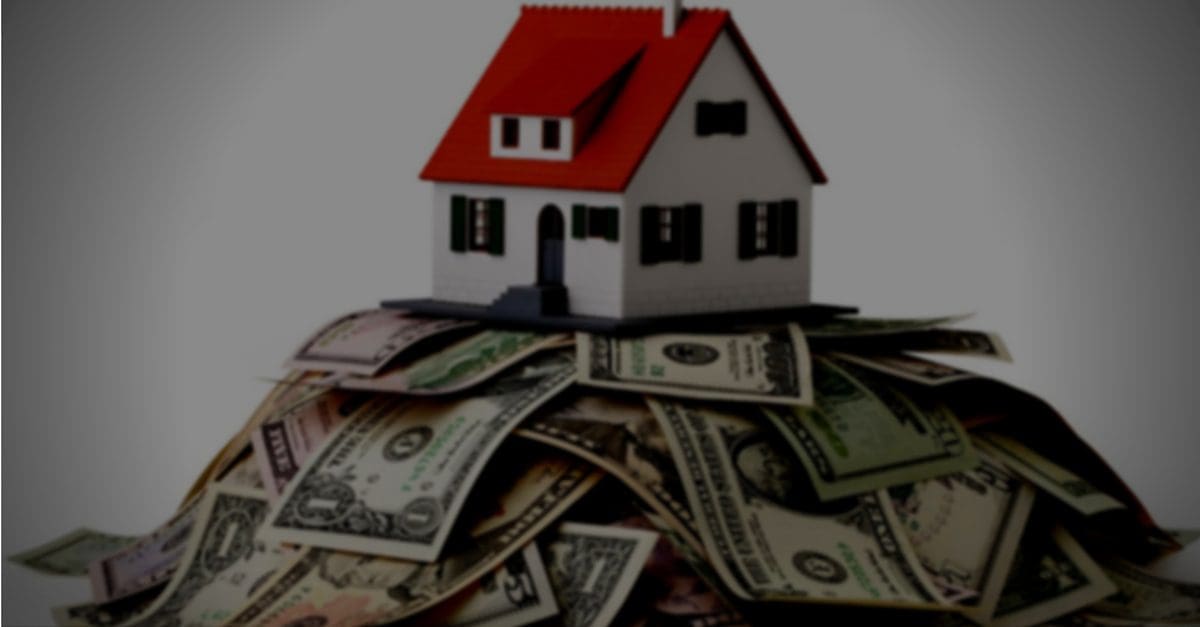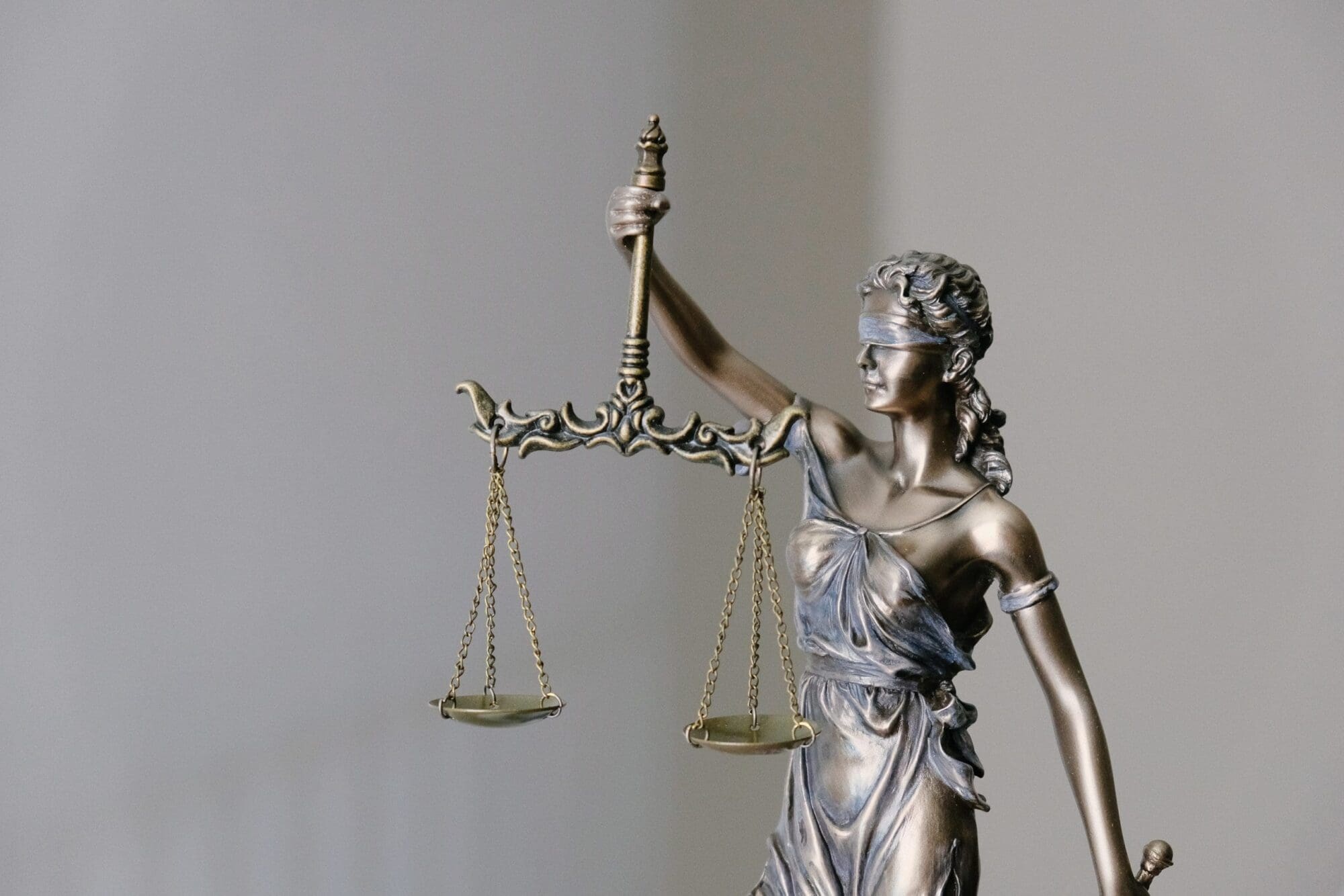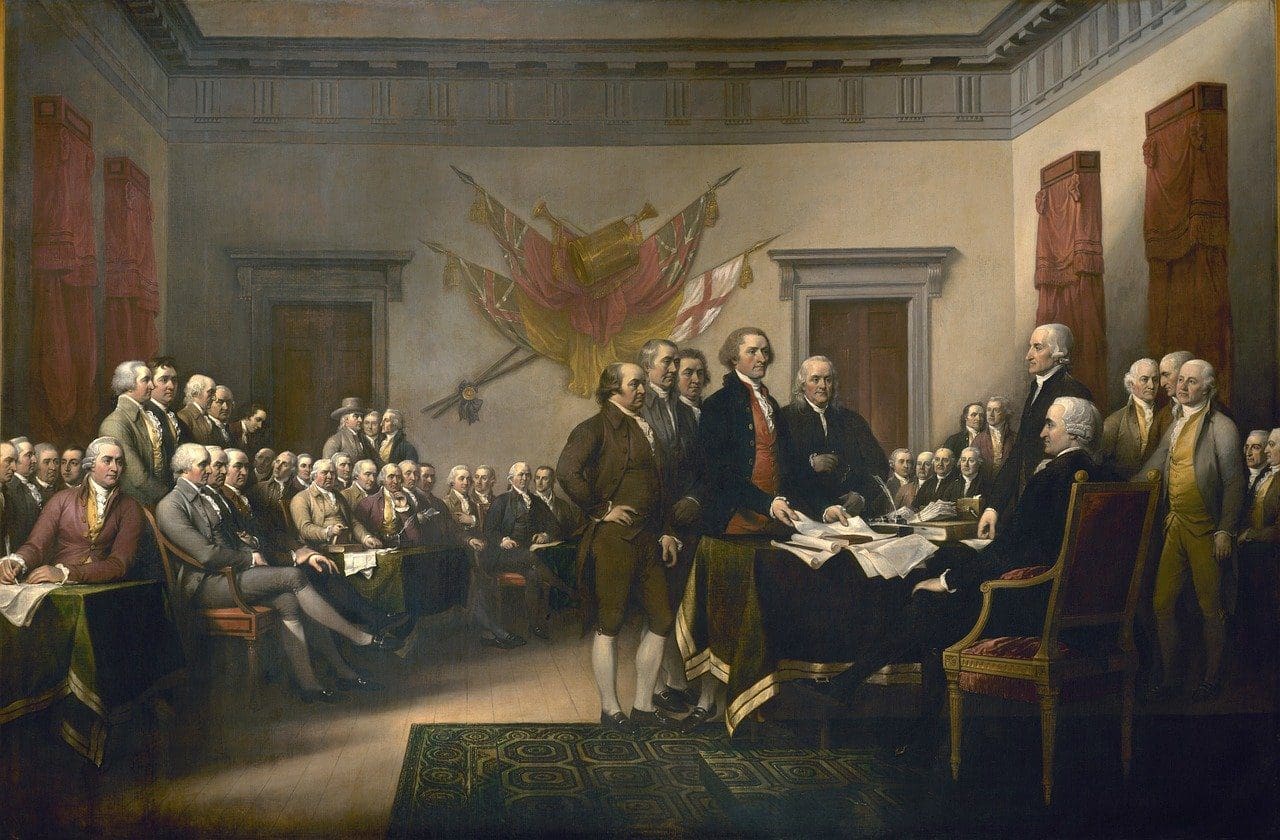After some local officials took advantage of the Chinese coronavirus disaster declaration by Gov. Greg Abbott and hiked struggling homeowners’ tax bills, the Texas Legislature is moving to eliminate the loophole for droughts, pandemics, and epidemics.
Since the passage of property tax reform in 2019, an election trigger was set in place for most cities and counties, requiring voters to be asked permission before hiking property tax revenues higher than 3.5 percent from the previous year, referred to as the voter approval rate (VAR). Prior to that legislation, citizens only had the option of gathering enough signatures on a petition to force such an election if cities or counties tried hiking those revenues above 8 percent.
If local officials seek to keep property tax bills stable in the aggregate, they may adopt the no-new-revenue rate (NNRR).
Unfortunately for taxpayers, several local officials took advantage of an exception made for disasters declared by the governor during the Chinese coronavirus situation last year. At a time when unemployment was rising and taxpayers were struggling amid government-mandated shutdowns and restrictions, property tax bills were hiked.
Taxpayer outcry forced the Texas Legislature to act.
Senate Bill 1438 from State Sen. Paul Bettencourt (R–Houston), which passed the Senate 21-10 on April 19, excludes pandemics, epidemics, and droughts as exemptions to the election trigger in 2019’s property tax reform. For all other disasters declared by the governor, the president of the United States, or local officials of taxing units—except for school districts and “Special Taxing Units”—the VAR would be lifted to 8 percent.
“Under [House Bill 3 passed in 2019], school districts would stay at 2.5 percent,” David Clark, senior policy analyst for Bettencourt, told Texas Scorecard.
The disaster exemption in SB 1438 would expire either when the total property taxable value that the local government can tax is higher than what it was on the first of the year when disaster was declared or the third tax year afterward.
The amount by which the property tax rate exceeds the VAR in that year could not be used in calculating VAR the following year.
SB 1438 would also require local governments invoking the disaster exemption to specifically cite the disaster declaration they’re invoking, and it would forbid them from using the same declaration in any following year if a different disaster declaration was cited afterward.
“Until we had COVID, there had never been a statewide disaster declaration. [Then with] SNOVID, we had two in less than a year,” Clark explained. “To keep taxing entities from bouncing back and forth, we had to put in the ‘pick your disaster’ provision.”
Despite data from the four appraisal districts in the Dallas-Fort Worth metroplex showing that a majority of property tax bills have continued to rise after property tax reform, no serious effort has been made to deliver property tax relief.
The bill heads to final passage in the House on Thursday. Legislation may be tracked using Texas Legislature Online.





